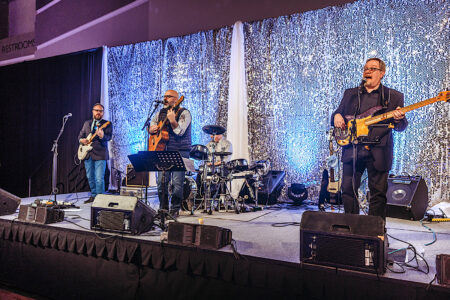Fire prevention week focuses on lithium battery safety
Most home electronics — smartphones, tablets, power and lawn tools, laptops, headphones and toys, to name a few — are powered by lithium-ion batteries. However, if not used correctly or damaged, lithium-ion batteries can overheat and start a fire or explode.
In response to these potential risks, the National Fire Protection Association (NFPA), the official sponsor of Fire Prevention Week for more than 100 years, has announced “Charge into Fire Safety: Lithium-Ion Batteries in Your Home” as the theme for Fire Prevention Week, October 5-11..
“Lithium-ion batteries are powerful, convenient, and they’re just about everywhere,” said Lorraine Carli, vice president of Outreach and Advocacy at NFPA. “Making sure the public knows how to use them safely is critical to minimizing the potential risks they pose.”
According to NFPA, devices powered by lithium-ion batteries are largely used without incident. However, reports of fires and explosions involving lithium-ion batteries have been on the rise in recent years.
Fire Prevention Week focuses on the following messages:
– When buying a product that uses a lithium-ion battery, take time to research it. Look for a stamp from a nationally recognized testing lab on the packaging and product, which means that it meets established safety standards.
– Always use the cables that come with the product or buy one from the manufacturer to charge it. Also, charge the device in accordance with the manufacturer’s instructions.
– Charge your device on a hard surface. Don’t charge it under a pillow, on a bed, or on a couch. This could cause a fire.
– Don’t overcharge your device. Unplug it or remove the battery when it’s fully charged.
– Don’t throw lithium-ion batteries in the trash or regular recycling bins because they could catch fire. Recycle your device or battery at a safe battery recycling location.

